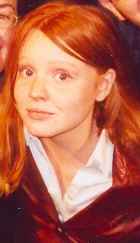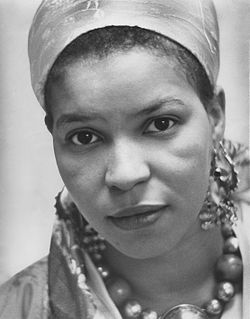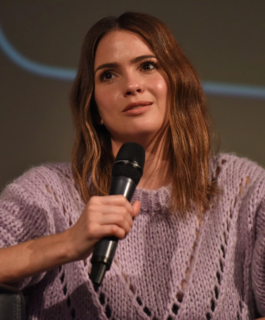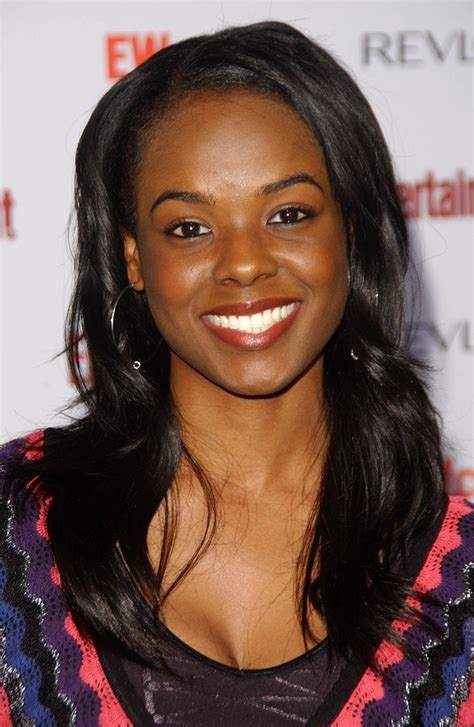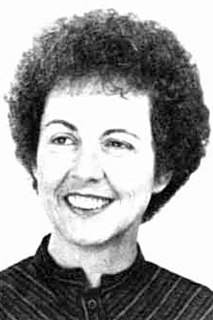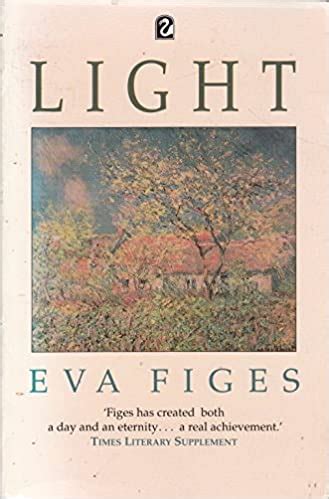A Quote by Lauren Ambrose
I think that the story of a woman who is coming into her powers can really happen at any age.
Related Quotes
Director Park always talked to me about her in a very innocent way, that the story was of her coming of age and her sexual awakening and her going from girl to woman and that she had the same desires and hopes as other young people in terms of being very infatuated, which comes in the form of her uncle, which is very unconventional.
'To Kill a Mockingbird' is really two stories. One is a coming-of-age tale told from the point of view of Scout Finch, a girl of about nine, and her slightly older brother, Jem. The second story concerns their father, attorney Atticus Finch, who has been appointed to defend a black man, Tom Robinson, falsely accused of raping a white woman.
Certainly, I am writing as a 21st-century woman, so I am much more inclined to view her as a three-dimensional woman. I think we keep coming up with this stubborn problem of a woman being judged by her appearance rather than her accomplishments. We are much more inclined to ask: was Cleopatra beautiful?
Just as an age was ready to receive the Copernican theory of the universe, so is our own age ready for the ideas of reincarnation and karma to be brought into the general consciousness of humanity. And what is destined to happen in the course of evolution will happen no matter what powers rise up against it.
Monarchs not only fashion their age, but are fashioned by it, so that they can become a sort of personification of the age. If Elizabeth I, independent, strong, represents the age of Shakespeare's heroines, a woman's heyday, Victoria represents another image of womanhood, predominant in the nineteenth century: a woman who, although queen in her own right, leaned on her husband, looked up to him, and went into perpetual mourning after his death. The feminist movement filled her with shocked horror and outrage.
I think that when I'm telling a story, I'm doing the best I can to tell the story as fully as I can, and if there are various fractures that happen in the story, then that's just the very thing that the story is as opposed to my looking for avenues of difference in one story. They just really do exist. For me, anyway.
Woman must come of age by herself. This is the essence of 'coming of age'-to learn how to stand alone. She must learn not to depend on another, nor to feel she must prove her strength by competing with another. In the past, she has swung between these two opposite poles of dependence and competition, of Victorianism and Feminism. Both extremes throw her off balance; neither is the center, the true center of being a whole woman. She must find her true center alone. She must become whole.
